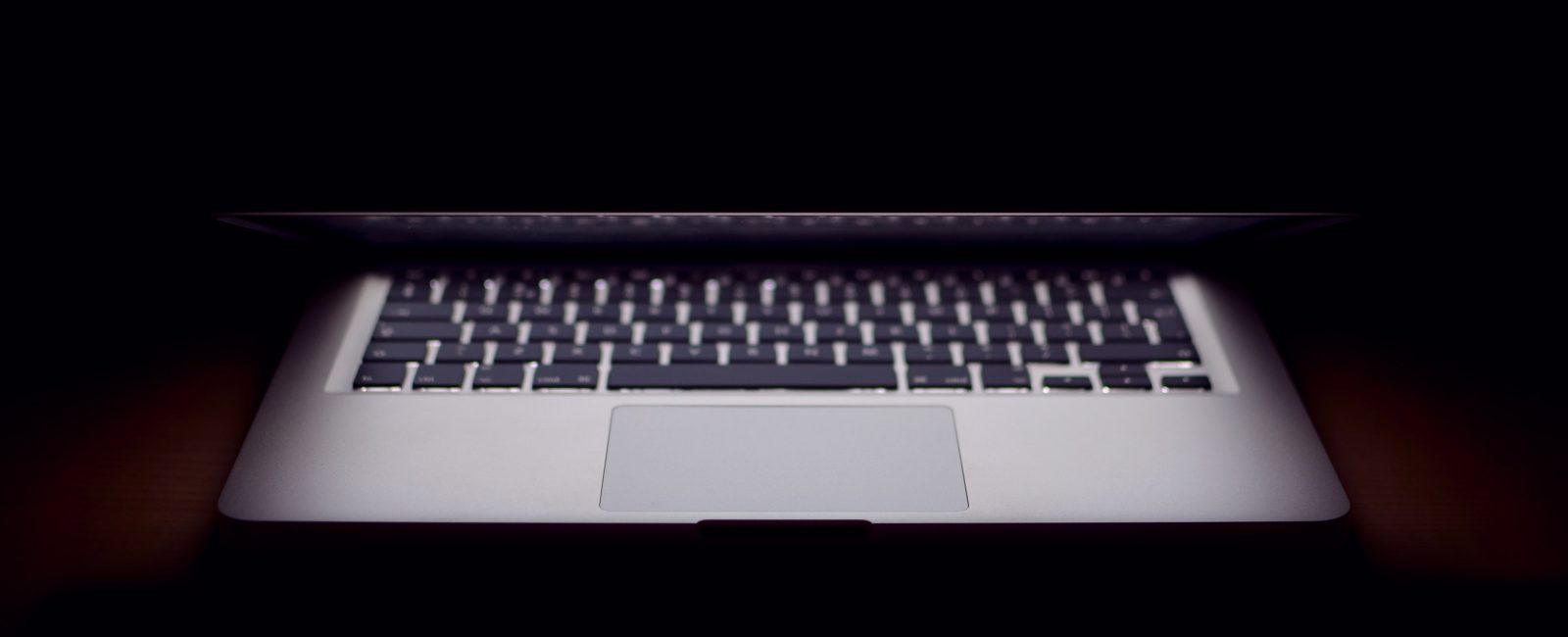There are many people spying on ordinary citizens day in and day out, from marketers to criminals and even possibly governments. This is the peril of digital connectivity. But it’s not just an unacceptable intrusion of privacy; this 24/7 digital surveillance could expose you to countless dangers. You could experience identity theft, encounter an online financial scam, or have your medical records sold on the dark web. By compromising your digital self, you could be inviting a host of unforeseen consequences.
But avoiding these doesn’t always require complex techniques and costly experts. You can ensure your cyber safety with simple and deliberate steps in just a few minutes a day.
1. Watch out for email scams
Emails have become an essential mode of communication for both work and personal needs. But they are also one of the most common vehicles for launching phishing and malware attacks. Criminals often use sophisticated technology to impersonate reputed organizations through email so they could target innocent victims for scams. Today, emails are also the number one source to distribute malware and account for 92.4% of identified cases.
So, treat any requests for money or personal information with caution. Scan email attachments for viruses before downloading and avoid clicking on links shared. If you suspect fraud, verify the identity of the sender by typing their name on Nuwber.
2. Review passwords
Passwords represent an incredible source of frustration for most individuals and a lucrative opportunity for cybercriminals. An alarming 59% of people are using their name and birthday in their passwords, and 65% are reusing their credentials across several accounts. If you’re also guilty of these, then adopting safe password practices is essential to ramp up your digital safety. Ensure you protect all online accounts, data files, and devices with strong passwords. And if you are struggling with multiple credentials, opt for a password manager to simplify password security practices.
3. Connect to a secure VPN
Did you know that third parties could be monitoring your activities each time you log in to the internet? But a VPN could help encrypt your online activities and prevent any unwelcome spying. Now, this is not to say that they are entirely foolproof. Some have experienced data breaches, while others have been flagged for tracking user data. So, ensure you select a VPN provider with solid security features and privacy protocols.
4. Update software
Using outdated software is a severe security risk that could expose you to cyberattacks. It’s because criminals are constantly looking for ways to exploit flaws so they could infiltrate your devices and launch malware attacks. To prevent this, ensure all your software is up to date. This also includes the virus guard. If you find it challenging to keep track of new updates, set them up to update automatically.
5. Delete unused apps
The apps on your smartphone could threaten your digital safety. For example, they could download malicious malware and extract data from your devices. The consent you provide when downloading an app may even give them access to your location, phone book, and image galleries. So, if you want to prevent intrusion and security risks, remove all unwanted apps from your smart devices.
6. Delete browser history and cache
Your browser stores an incredible amount of data about your online activities, from search queries to the websites you visit. Therefore, deleting browser history and cached data is essential for your cyber safety. And by deleting cookies, you can prevent websites from tracking your online behavior. Browsers such as Google also provide options to schedule and auto-delete stored data so you can avoid the hassle of manual deletion.
7. Limit data sharing
If you’re constantly sharing updates with your social circles, then it’s time to practice caution. Even if you maintain a more mediocre presence on social media, there are many other ways you could be oversharing personal information. For example, loyalty cards, shopping carts, and free newsletters could all collect information and track user activities. So, it’s essential to assess potential risks before sharing any personal data.
8. Activate privacy settings
Many people don’t make enough use of the privacy settings available to protect their personal information. Most social media accounts, e-commerce profiles, apps, and smart devices offer privacy features. These can help control data visibility and prevent unauthorized data tracking, collection, and sharing.
9. Stay off sketchy websites
Malicious actors could often use spoof websites or infect genuine ones with malware to target you for identity theft and financial scams. For example, they could redirect you to a malicious site that impersonates a reputed online retailer. They could then extract your personal data and credit card details when you pay for an item. So, whether you’re buying something online or downloading a free training course, limit activities to reputed websites and avoid the sketchy ones.
10. Understand your rights
It’s also essential to understand your rights to data privacy. If you think a particular data request is unnecessary, do not hesitate to question its intent. And if you’re unhappy about data collection, storage, or sharing policies, you can also refuse the requested information. Data privacy regulations are fast evolving, so ensure you keep yourself updated on any changes.
To recap
With increased cyber connectivity and digital integration, you could be exposing your privacy and security even when you’re offline. So, security hygiene should become a priority if you intend to protect your digital self. Strengthen password security and adopt a cautious approach towards emails to avoid common scams. Install a secure VPN, keep all software up to date and remove unused apps. Also, delete your browser history, activate privacy settings, avoid untrusted websites, and limit what you share online. And finally, understand your rights to protect your data and keep yourself updated on data security and privacy regulations.





